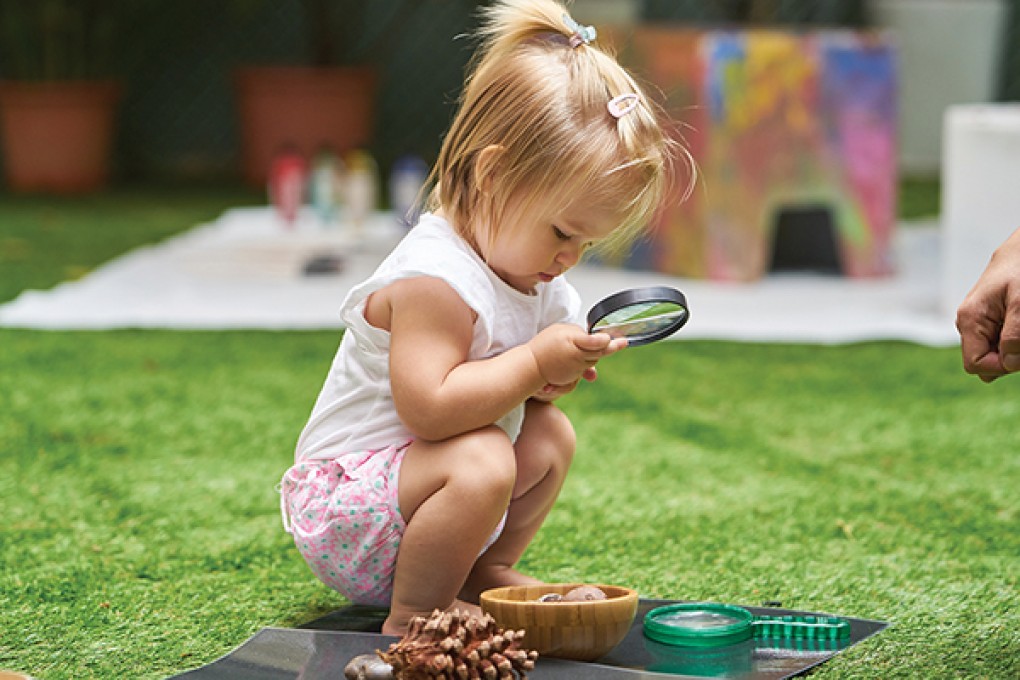Children and the great outdoors
Running, jumping and skipping outdoors while making plenty of high-spirited noise might, at first glance, seem incompatible with academic learning and good test scores. But all the evidence suggests that...

Running, jumping and skipping outdoors while making plenty of high-spirited noise might, at first glance, seem incompatible with academic learning and good test scores. But all the evidence suggests that children, especially those in the pre-school and kindergarten years, perform better in class if the unstructured outdoor play is an integral part of the curriculum.
Educators, doctors and sociologists have long understood that play contributes to physical well-being by helping the development of muscle group and motor skills. But it also assists in the development of language skills, creativity and problem-solving abilities, and an understanding of different emotions. As a result, Hong Kong’s Department of Health recommends at least three hours of physical activity a day for pre-school children and at least an hour a day for those at primary school and above.
However, a combination of factors including inadequate space, busy school timetables and an increase in structured activities mean that doesn’t always happen. Many children in Hong Kong have limited opportunities to play at home and at school. Indeed, a study conducted by the Physical Fitness Association of Hong Kong (PFA) of nearly 15,000 children at 89 local kindergartens found that almost none have the recommended time for play and exercise during the school day. In fact, in most half-day and full-day kindergartens, children get, respectively, less than 60 or 120 minutes a day to play outdoors.
That said, a growing number of pre-schools and kindergartens are taking steps to correct that situation. They include Malvern College Pre-school, Garden House in Sai Kung, English Schools Foundation (ESF) Tsing Yi International Kindergarten, and Wilderness Preschool. All are making sure there is plenty of time in their early-years learning programmes for outdoor activities and games.
“We think of children playing outdoors as being in a classroom without walls,” says Vicky Bewsey, principal of the ESF International Kindergarten at Tsing Yi who endorses the view that play is a child’s work. “Our children love playing outdoors where they are free to run around, shout and sometimes even get dirty or wet.”

